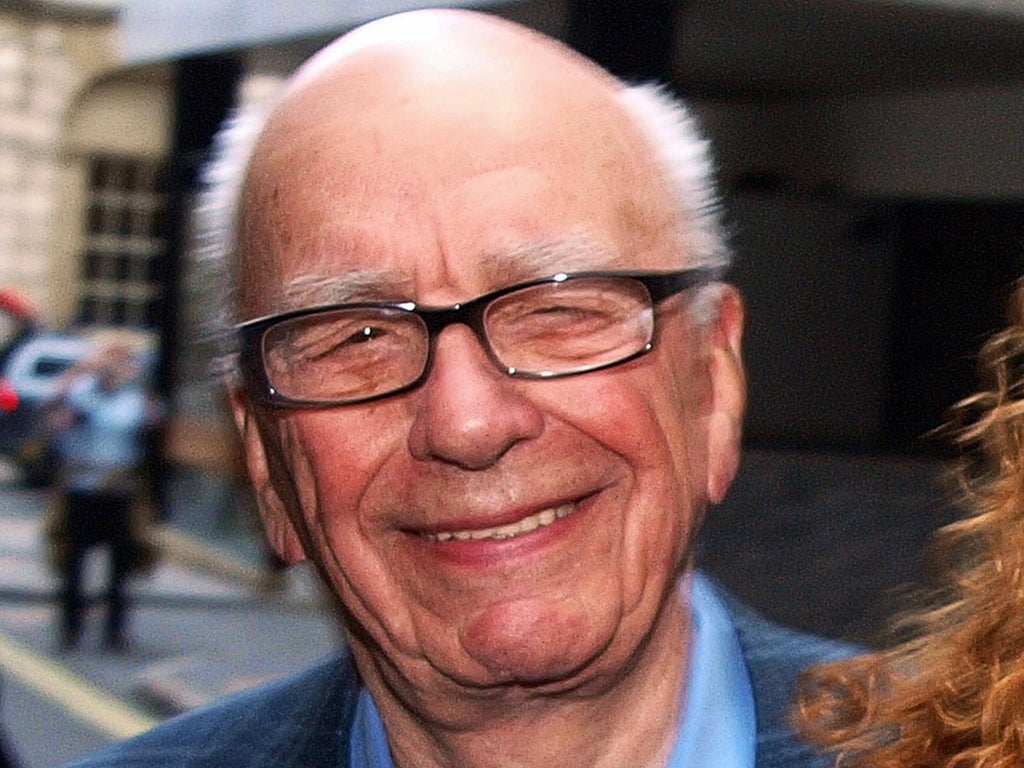What 1,000 text messages tell us about a special relationship
The Culture Secretary may come to regret his SMS habit

Your support helps us to tell the story
From reproductive rights to climate change to Big Tech, The Independent is on the ground when the story is developing. Whether it's investigating the financials of Elon Musk's pro-Trump PAC or producing our latest documentary, 'The A Word', which shines a light on the American women fighting for reproductive rights, we know how important it is to parse out the facts from the messaging.
At such a critical moment in US history, we need reporters on the ground. Your donation allows us to keep sending journalists to speak to both sides of the story.
The Independent is trusted by Americans across the entire political spectrum. And unlike many other quality news outlets, we choose not to lock Americans out of our reporting and analysis with paywalls. We believe quality journalism should be available to everyone, paid for by those who can afford it.
Your support makes all the difference.We learn today the rather sordid reality concealed behind Jeremy Hunt's solemn statement to Parliament last month that "I have strictly followed due process". More than 1,000 text messages were exchanged between his office and the News Corp team pursuing the most controversial British media acquisition in modern times – some of them sent by the Culture Secretary himself.
Most crucial to our understanding of the Government's handling of this affair is the memo written by the Culture Secretary to the Prime Minister in November 2010 supporting Rupert Murdoch, telling David Cameron that it would be "totally wrong" to "cave in" to opponents of Mr Murdoch's plan to take full control of BSkyB. Having received this impassioned note, Mr Cameron weeks later placed Mr Hunt in charge of handling the bid – with all its complications of media plurality and competition.
To the conspiratorially minded, this will come as no surprise. Mr Hunt was always sympathetic to Murdoch arguments about the balance of power in the British media, and notably James Murdoch's claims that the BBC was too dominant.
"The BBC has to be very careful with the market power that it wields because I don't think it's in anyone's interests," Mr Hunt told me two months before the last election and his appointment as the Culture Secretary.
And we all know about Mr Cameron's relationship with News Corp, the "LOL" texts to News International's former chief executive Rebekah Brooks and the ride on her horse Raisa.
Indeed, the cavalier disregard for the sort of "process" that the public might expect was revealed in Adam Smith's comments to the Leveson Inquiry yesterday. "I couldn't see what everyone was getting worked up about," Mr Hunt's adviser said of the matter that has cost him his job and left that of his former boss hanging by a thread.
That the News Corp buy-out of BSkyB was not seen by Mr Hunt's office as a huge deal is hardly credible. Mr Hunt's own memo – which referred to James Murdoch's famous "furious" temper – makes it very clear that the Culture Secretary was well aware of James's desire to create a legacy.
"Essentially what James Murdoch wants to do is to repeat what his father did with the move to Wapping and create the world's first multiplatform media operator available from paper to web to TV to iPhone to iPad," Mr Hunt's memo said.
This "Wapping 2" plan would have given News Corp far greater market power than the BBC share which so concerned Mr Hunt.
Fred Michel, the News Corp lobbyist, told the Leveson Inquiry yesterday that his written notes had not inflated Mr Hunt's enthusiasm for the BSkyB bid. Judging by the Culture Secretary's own gushing words, no exaggeration was necessary – nor indeed was much lobbying.
Join our commenting forum
Join thought-provoking conversations, follow other Independent readers and see their replies
Comments